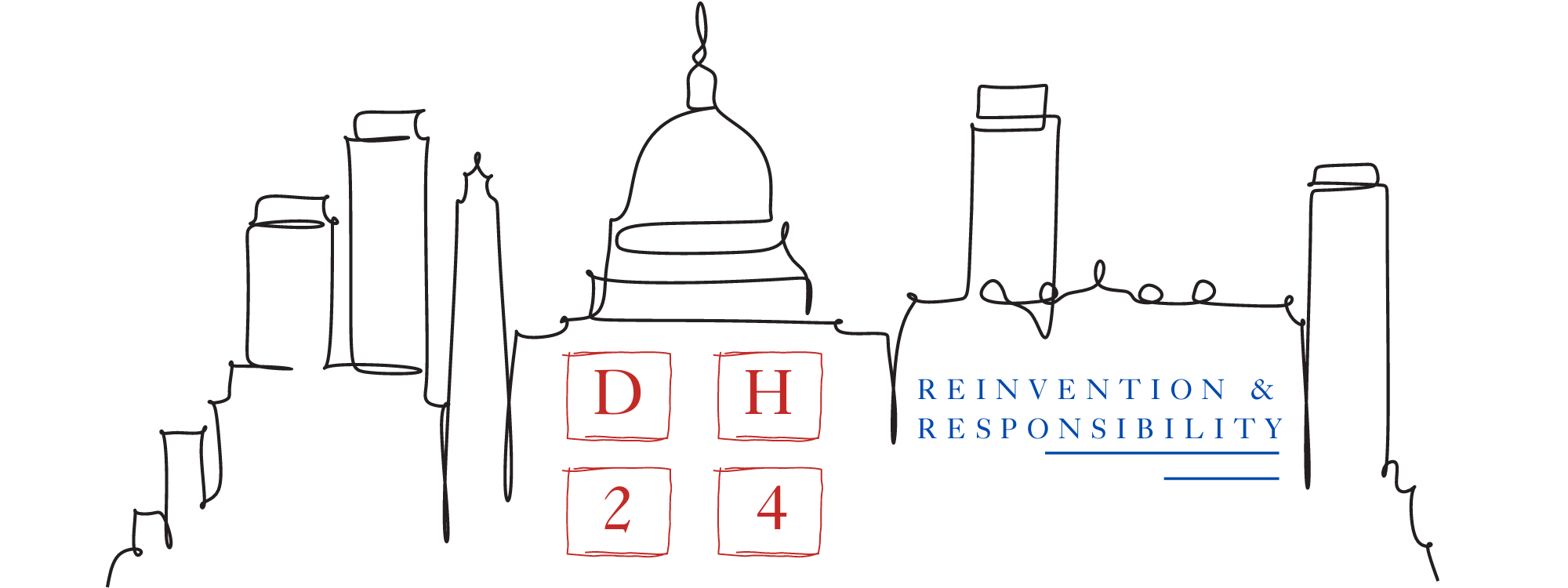Coming Soon: a Couple of Exciting DH Apps
Jisedai Reader, presented by Dr Yuta Hashimoto is an app that can be described as a social media platform for book lovers. The app encourages readers to read and share their impressions about digitised books held at the National Museum in Japan and thus participate in social reading, which can lead to deeper connection and understanding of the material they consume. Unlike the social media platforms that we are used to, however, Jisedai Reader has inbuilt features designed to counter the echo-chamber effect. There is no way to follow other readers and constantly be faced with like-minded opinions, instead being presented with comments about the read books from an array of different readers on the platform. Each reader can choose to share their reflections about the books with others or to use the platform privately. Dr Hashimoto and the Jisedai Reader team hope to release the app to the general public by the end of the year. Currently, the beta version is available for iOS only and can be found by following this link: Jisedai Reader
Booksnake, presented by Dr Sean Fraga is an object viewer that aims to retain for the user the embodied aspects of the digitised object. The aim is to mobilise the capabilities of phones and tablets to encourage better engagement with archival collections. During the presentation, Dr Fraga connected to the digitised collection of the Library of Congress and, from there, took a scan of a newspaper to show us how, using Booksnake, this document would look if it was placed in their office. Through the use of augmented reality, we were able to flick through the pages of the newspaper and be made aware of the actual size of the physical newspaper held in the archive. We could pin a virtual map on our wall or roll out an ancient scroll in our corridor. Presenting objects in live size relies either on physical dimensions included in the metadata or digitisation resolution and pixel dimensions. To reassure those concerned with privacy issues, neither the app creators nor Apple collect nor store the data of the rooms or other background space used during an augmented reality session using Booksnake. Booksnake is compatible with collections accessible through IIIF. The app has been used by Dr Fraga in the classroom, where students reflected that it gave them “the feeling of actually seeing the real thing up close”. A beta version of Booksnake for iPhone and iPad is available on the project’s website: BookSnake . Full release is planned for later this year. The creators also plan to release an Android-compatible version eventually.
